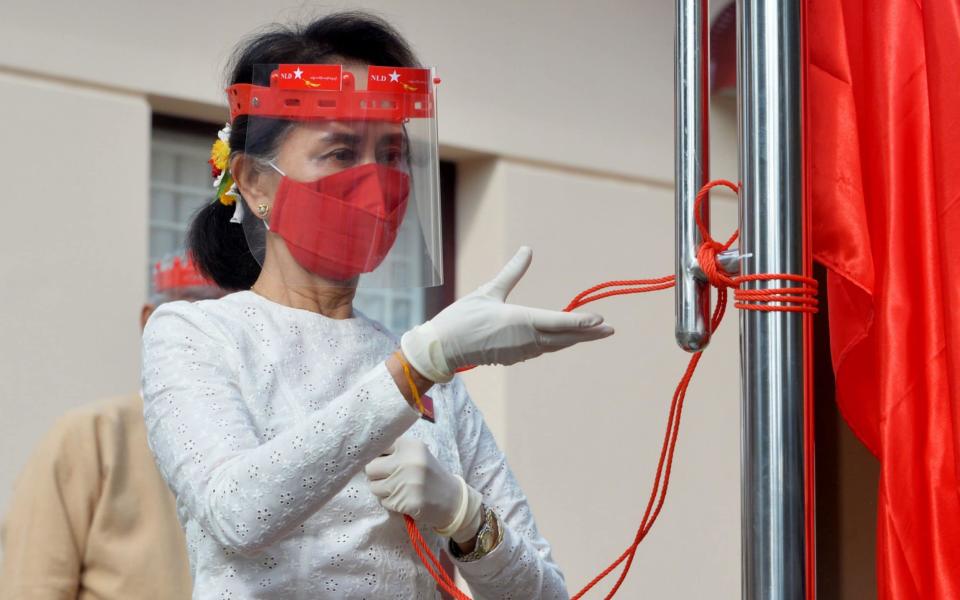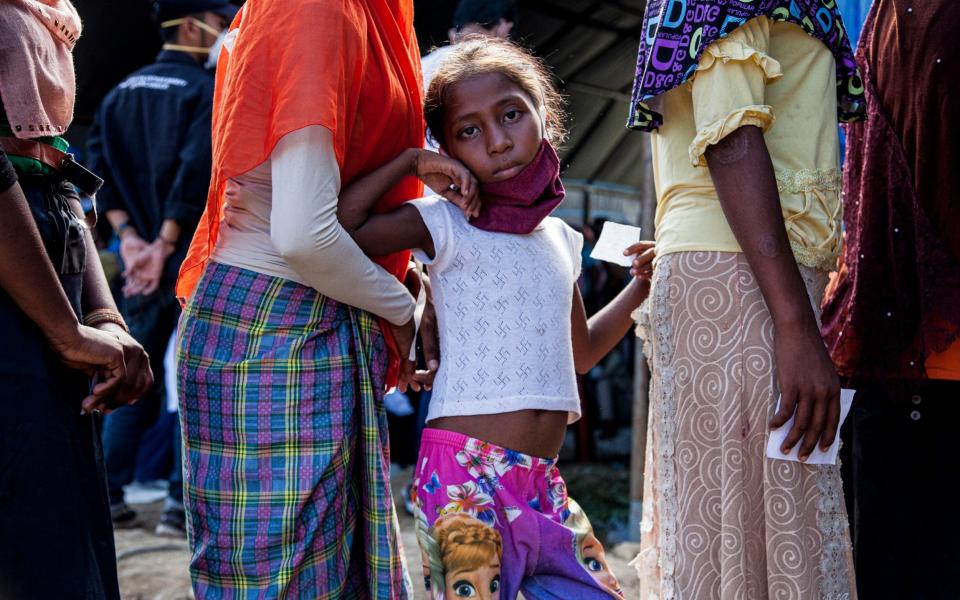Amnesty probe reveals global business ties to Myanmar military units accused of human rights abuses

A new investigation by Amnesty International has revealed how a secretive Myanmar conglomerate, linked to multiple foreign businesses, has funded the Southeast Asian country’s powerful military, including units accused of human rights abuses and crimes under international law.
Leaked official documents analysed by the human rights organisation have disclosed how Myanmar’s military receives huge revenues from shares in Myanma Economic Holdings Limited (MEHL), a conglomerate involved in mining, beer, tobacco, garment manufacturing and banking sectors.
MEHL has partnerships with a range of eight local and foreign businesses across Asia, partnering with Japanese beer multinational Kirin, and South Korean companies including steel giant POSCO, the INNO Group and Pan-Pacific, a garment manufacturer.
The Myanmar army has been accused of multiple human rights abuses against the country’s ethnic minorities, in particular the Rohingya Muslim community which was subjected to what the United Nations has called a genocidal campaign of arson, rape and murder in Rakhine State in 2017.
MEHL shareholder records show that military units, including combat divisions, own about one third of the conglomerate’s shares. Records also detail links between MEHL and the Western Command, which oversees operations in Rakhine State.

The documents offer insights into how the military, which has ruled the country for decades with an iron fist, has been able to financially and independently support its operations and remain above the scrutiny of the civilian government, led by former Nobel Peace Prize winner Aung San Suu Kyi.
“These documents provide new evidence of how the Myanmar military benefits from MEHL’s vast business empire and make clear that the military and MEHL are inextricably linked,” said Mark Dummett, Amnesty’s head of business, security and human rights.
“This is not a case of MEHL unwittingly financing human rights violations – its entire board is composed of high-level military figures,” he said.
The exposure of the link between MEHL and military units implicated in alleged breaches of international law and human rights violations has implications for the conglomerates many foreign and local business partners, said Amnesty.
MEHL works in collaboration with these business partners in establishing joint ventures or profit-sharing agreements in Myanmar. When profits are derived from these operations, they are provided to MEHL as shareholder and MEHL then disburses dividends to its own shareholders.
Amnesty was calling for these business partners to cut ties with MEHL due to its lack of transparency and as it had shown little interest in reforming itself, said Montse Ferrer, an international criminal lawyer and lead author of the report.
“For the companies ultimately we are saying you just need to leave,” she said.

The organisation is also urging the civilian government to ensure MEHL either becomes a state-owned enterprise or is sold to civilians, to guarantee more oversight, she added.
Amnesty wrote to MEHL and companies who operate jointly with MEHL in Myanmar. The Telegraph also reached out for comment, including to the Myanmar government.
Kirin Holdings, a Japanese beverage company and major international brewer, which has invested in two joint ventures with MEHL since 2015, told Amnesty it was trying to “ascertain whether proceeds for the joint-ventures with MEHL may have been used for military purposes.”
It also announced that it was “exploring alternative structural options for the ownership of the Myanmar joint-ventures”.
Kirin told the Telegraph that “we take this issue very seriously” and had engaged Deloitte, a financial advisory firm, to conduct an independent assessment.
POSCO clarified that “[Myanmar POSCO C&C Company Ltd] has never paid any dividends to MEHL since its incorporation in 2013 and no other dividend payment has been made by [Myanmar POSCO Steel Company Ltd] to MEHL since the last dividend payment made for the business performance of 2017.”
It said it had contacted MEHL in August 2020 asking it “to confirm that the dividend payments in the past were used for MEHL’s original business objectives.”
Pan-Pacific said that it has decided to terminate its relationship with MEHL, after it had tried and failed to receive information from the company about measures, “to ensure ethical responsibility.”
The Inno Group claimed that it was not linked to human rights violations since its three joint ventures have not yet paid any dividends to MEHL, as they have not started to generate profits.
MEHL did not respond to enquiries.
A confidential shareholder report from 2010-11, which helped form the basis of the Amnesty research, was provided by Justice for Myanmar, a local activist group.
Myanmar’s ministry of transport and communications blocked the publication of the document on the group’s website, which a spokesman said spread “fake news.”

